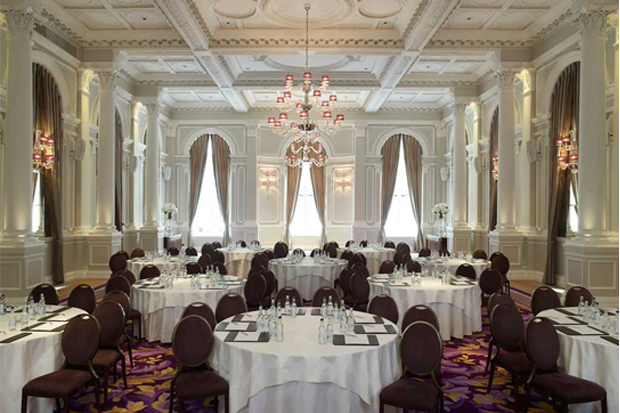Located off the shore of Venice, Italy, the island of Murano has been renowned for luxury glass-making since the 14th century. Well-known for its purity – as it does not use any lead in its production – Venetian glass is valued for its brilliance, colour and the skill of the craftsmen who create it. Over the past 20 years, Baroncelli has been designing bespoke lighting solutions that encapsulate the tradition of Venetian glass while adding a contemporary edge.
Baroncelli was founded by Rinda Baroncelli in the early 1990s. During that decade, the company opened a showroom at The Imperial Laundry in London and worked on a variety of iconic global projects – including the Burj Al-Arab in Dubai, Sandy Lane in Barbados and Claridge’s in London.
By focusing on design innovation as opposed to historic replication, Baroncelli has established a reputation for creating distinctive lighting pieces – both within a standard collection and bespoke. This design-led ethos is currently in full swing under the visionary eye of Giovanni Corrado, Rinda’s son and the company’s creative director.
Innovative design is something that Giovanni sees as the core of the business: “It’s what sets us apart from other Murano glasshouses,” he says. “We tend to be more experimental and willing to try new practices.”
All of Baroncelli’s lighting is hand made in Murano – a place that Giovanni visits regularly to ensure that the skill and experience of the craftsmen is respected, while the company’s contemporary signature style remains the guiding design principle.
By working closely with the glassblowers, metalworkers, carpenters and engravers that create his designs, Giovanni is able to experiment with new ways of working with Venetian glass. One of the ways in which Baroncelli is able to create more modern pieces is to use all of the light fittings in the design. This is contrasted to traditional lighting designs from Murano, which tend to focus on the Venetian glass as opposed to the other materials used to make up the piece.
The striking aesthetic of Baroncelli’s pieces works particularly well within public spaces, as Giovanni explains: “The volume of the space in public areas is much larger, meaning that there is more design freedom as there is no need to take away from the design when fitting the piece into the space.”
The success of Baroncelli’s designs is evident in its recent projects, which include the ballroom at Corinthia Hotel London, the Executive King Room and Summer Room at Coworth Park Hotel in Ascot and the dining space at Hush Restaurant in London. The company is set to impress further in the Middle East, with hotel projects such as Waldorf Astoria in Ras Al Khaimah, United Arab Emirates, and Four Seasons Baku in Azerbaijan.



